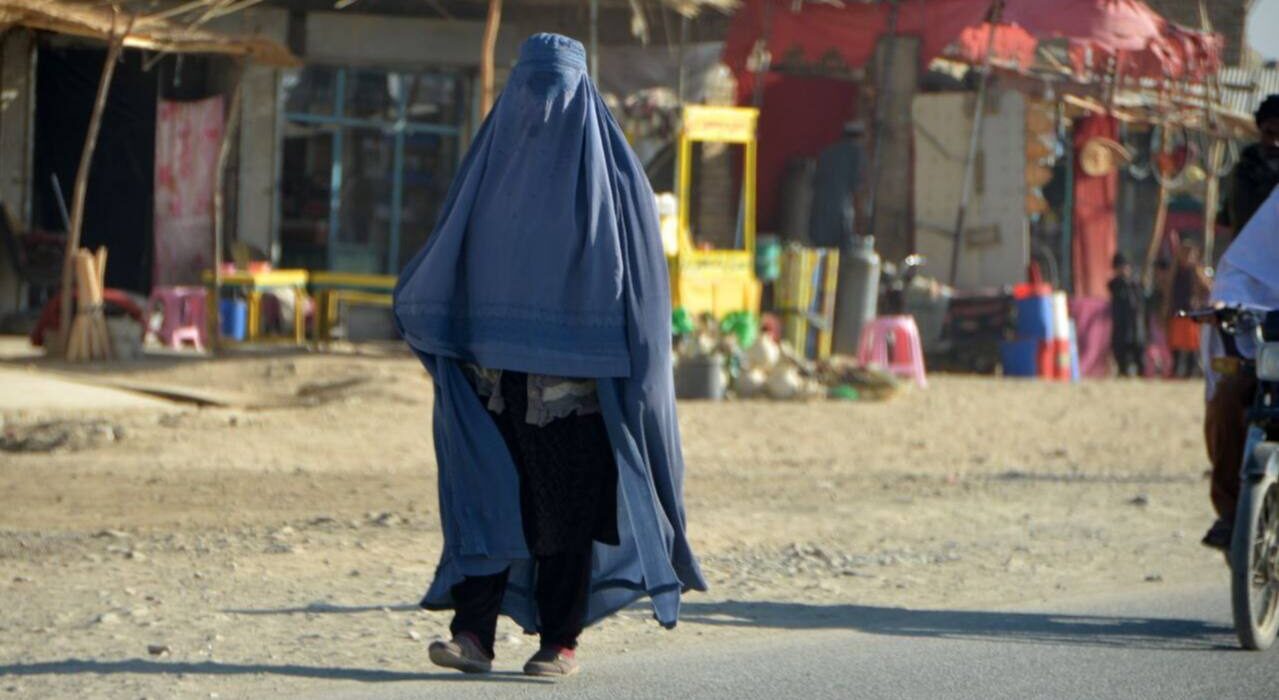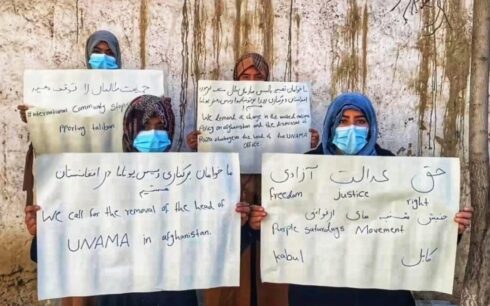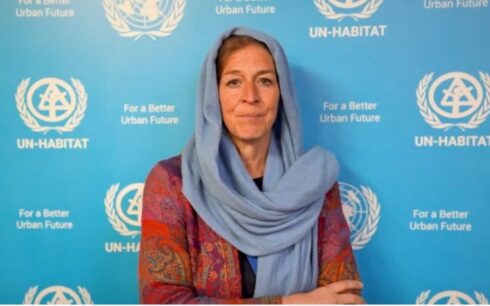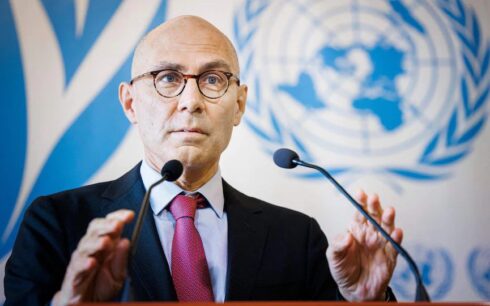LONDON – A group of British parliamentarians, led by Baroness Helena Kennedy KC, a prominent lawyer and peer in the UK House of Lords, on Jan. 8th, initiated an inquiry into the situation of women and girls in Afghanistan and Iran, reported Forbes. Dubbed the Gender Apartheid Inquiry, the probe aims to assess the scale and nature of gender-based discrimination in these countries and examine it against the backdrop of international law.
The inquiry, which Forbes says is the first of its kind globally, will delve into the concept of “gender apartheid” and its alignment with the current international legal framework. Despite gender apartheid not yet being recognized as an international crime, the issue has gained traction due to escalating oppression of women and girls in Afghanistan and Iran, where their rights are increasingly undermined.
Recent protests in countries like France and Germany, led by Afghan nationals, have called for the recognition of gender apartheid in Afghanistan. This sentiment echoes statements made by U.N. Special Rapporteurs. Richard Bennett, focused on Afghanistan’s human rights, referred to the need for examining ‘gender apartheid’ in October 2023. Similarly, Professor Javaid Rehman, reporting on Iran in August 2023, highlighted gender-based apartheid and discrimination faced by Iranian women and girls.
In a related development, the United Nations Assistance Mission in Afghanistan (UNAMA) released a report on January 22, 2024, covering the human rights situation in Afghanistan from October to December 2023. The UNAMA report paints a grim picture of the status of women and girls in Afghanistan, documenting restrictions on their rights to work, education, and freedom of movement. The report specifically points to the enforcement of these restrictions by the Taliban-led Ministry for the Propagation of Virtue and the Prevention of Vice.
The UNAMA report also details incidents from late December 2023 in Kabul, where women and girls were arbitrarily arrested and detained for alleged non-compliance with the hijab decree. These actions, predominantly in the Hazara-dominated West Kabul and the Tajik-majority Khair Khana area, contradicted the decree itself, leaving the detained women with no legal recourse against the de facto authorities.
Responding to the UNAMA findings, Afghanistan’s de facto authority dismissed the report as indicative of ignorance regarding Islamic and Sharia rules. Concurrently, Mohmmad Akbari, deputy head of the Shia Clerics of Afghanistan, criticized the Taliban’s recent arrests over dress code violations in Kabul, warning that such actions are counterproductive to the nation’s interests.





